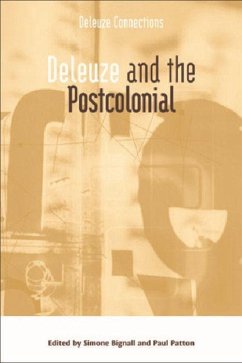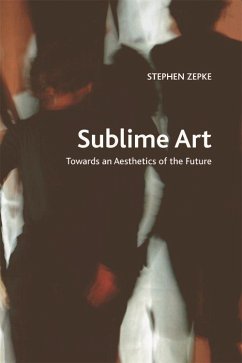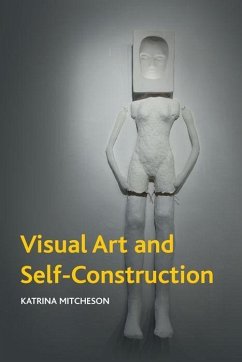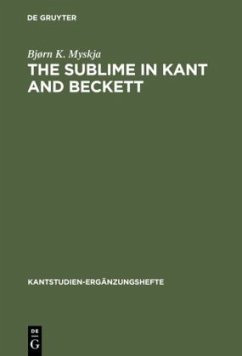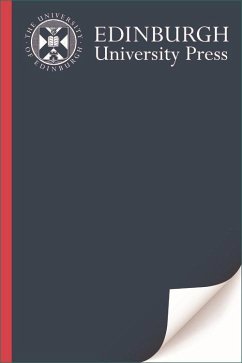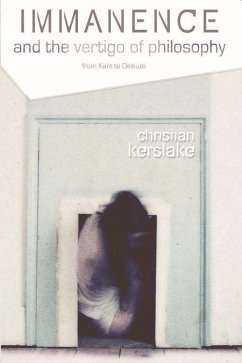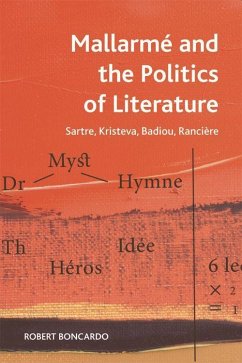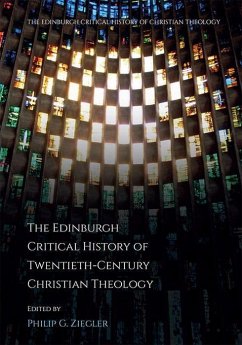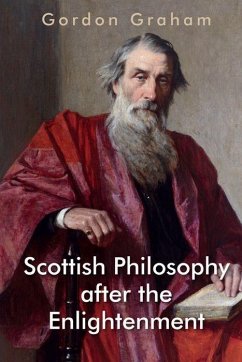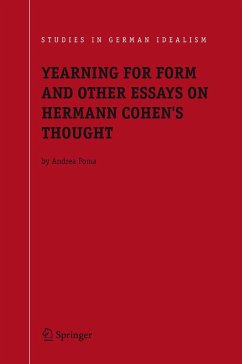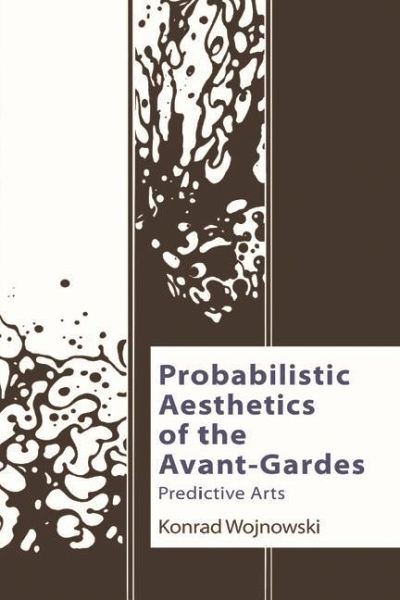
Probabilistic Aesthetics of the Avant-Gardes
Predictive Arts
Versandkostenfrei!
Versandfertig in über 4 Wochen
108,99 €
inkl. MwSt.
Weitere Ausgaben:

PAYBACK Punkte
54 °P sammeln!
An inquiry into probabilistic modes of sensing and making sense of reality developed by avant-garde artists Konrad Wojnowski argues that the probabilistic revolution, while recognized and investigated by historians of science, has been largely overlooked in the field of art. He shows that the idea that one can perceive and comprehend reality in terms of shifting probabilities was clearly present in the work of many avant-garde artists working in Europe and North America. Exploring the probabilistic aspects of the avant-garde allows him to establish a dialogue between scientific and artistic fo...
An inquiry into probabilistic modes of sensing and making sense of reality developed by avant-garde artists Konrad Wojnowski argues that the probabilistic revolution, while recognized and investigated by historians of science, has been largely overlooked in the field of art. He shows that the idea that one can perceive and comprehend reality in terms of shifting probabilities was clearly present in the work of many avant-garde artists working in Europe and North America. Exploring the probabilistic aspects of the avant-garde allows him to establish a dialogue between scientific and artistic forms of knowledge. This is particularly important now, as we become surrounded by probabilistic AIs and while the very nature of cognition is being reinterpreted as inherently probabilistic. Konrad Wojnowski is Assistant Professor of Performativity Studies at Jagiellonian University, Krakow, Poland.




